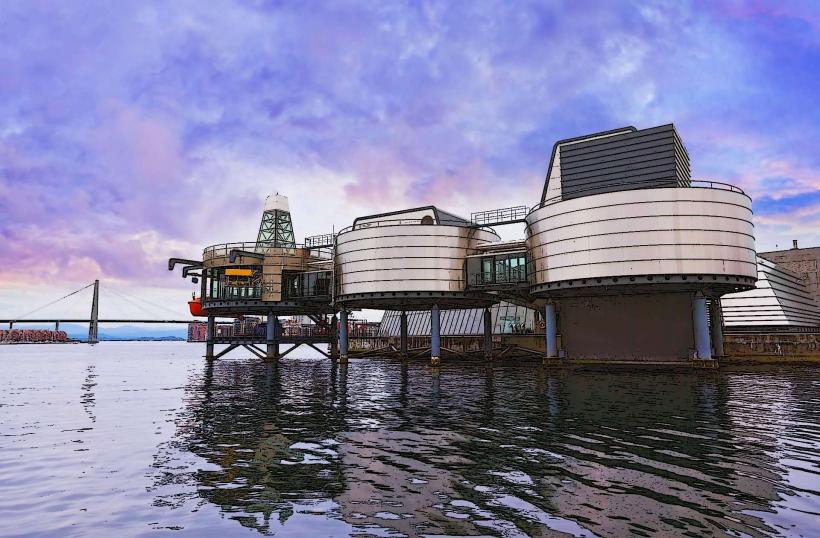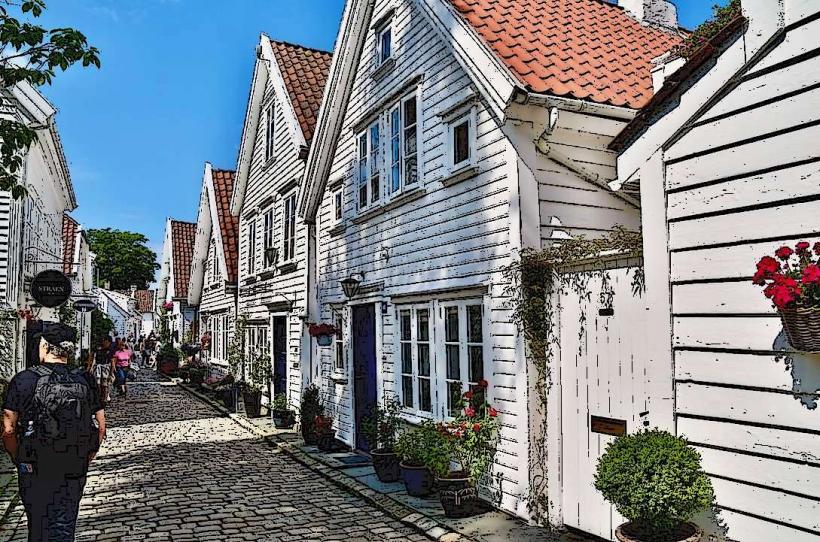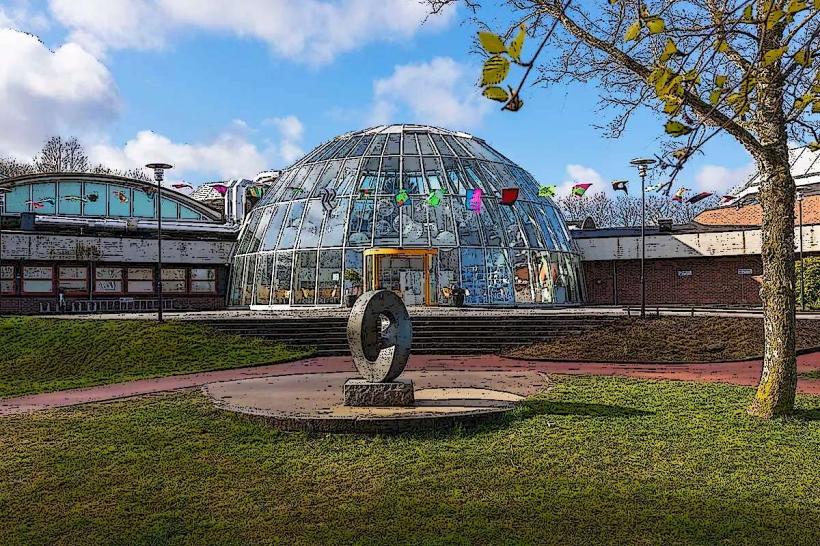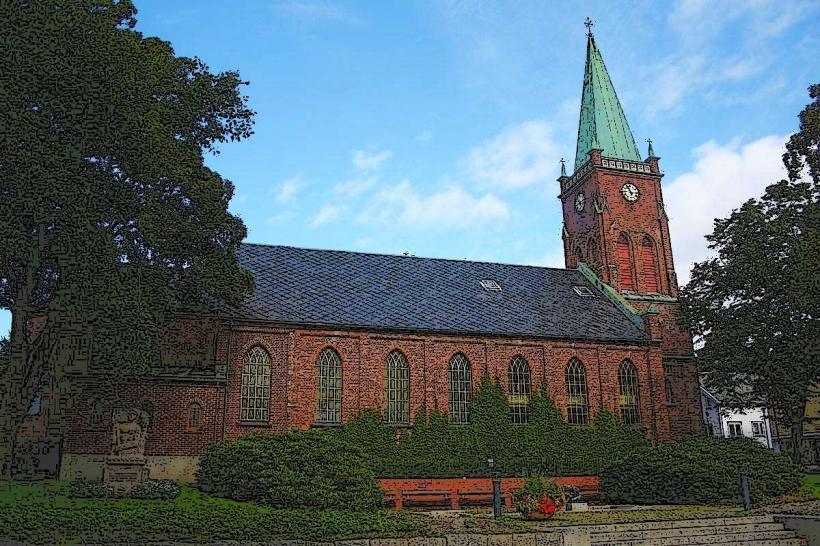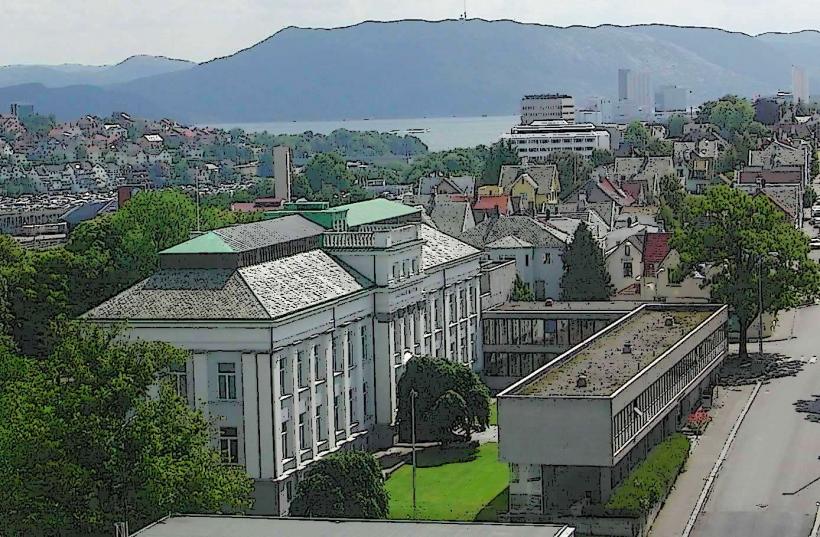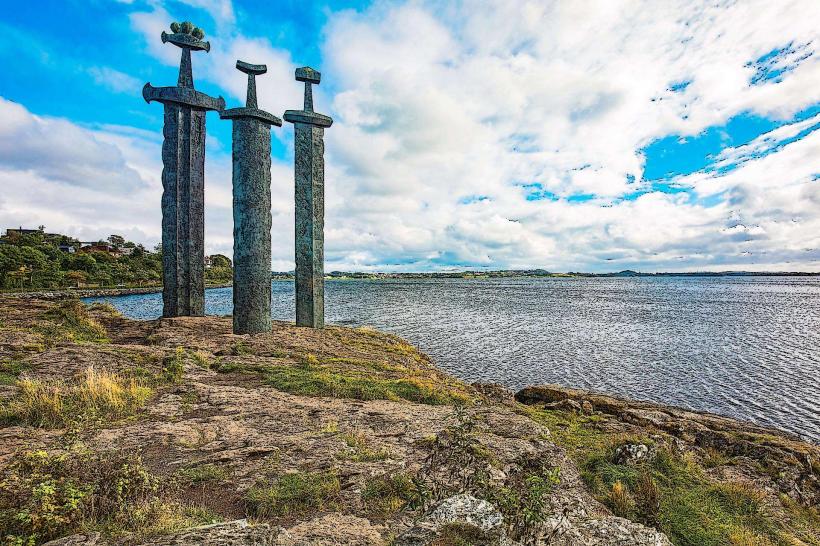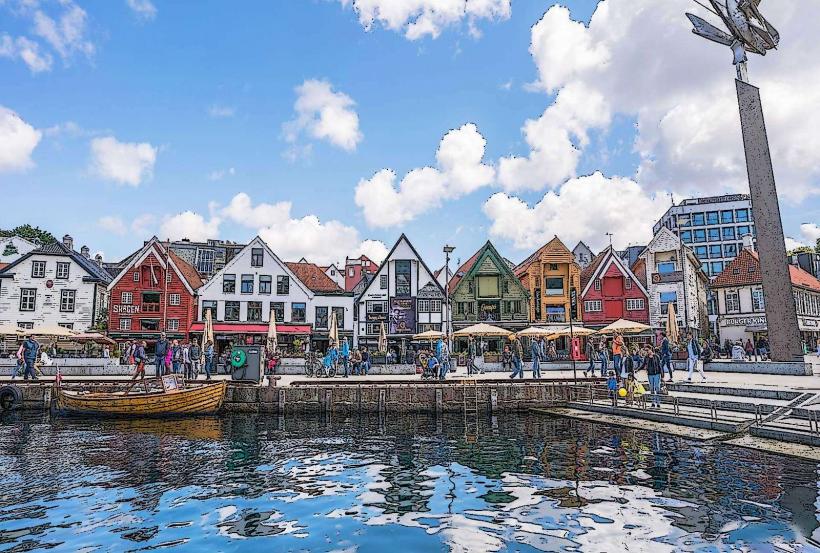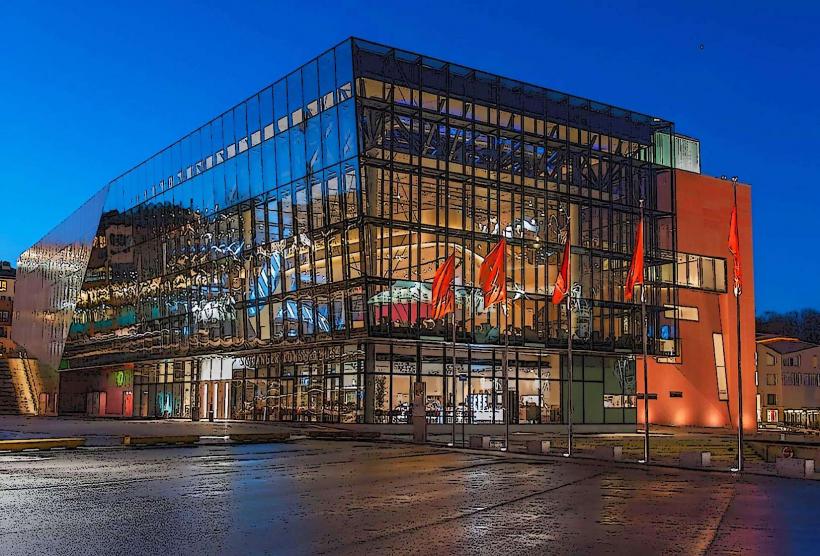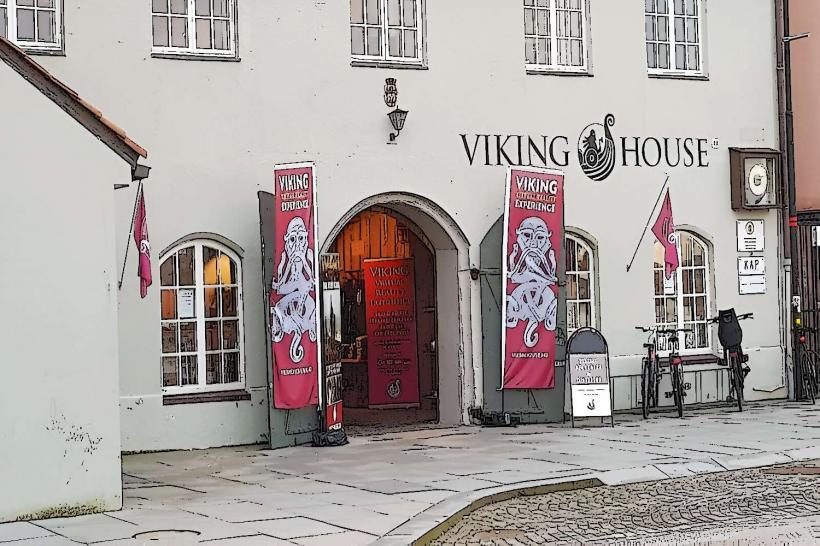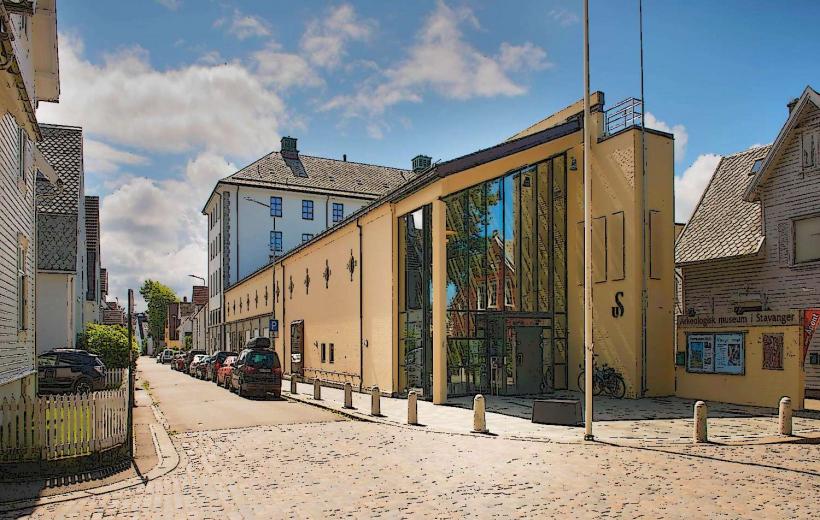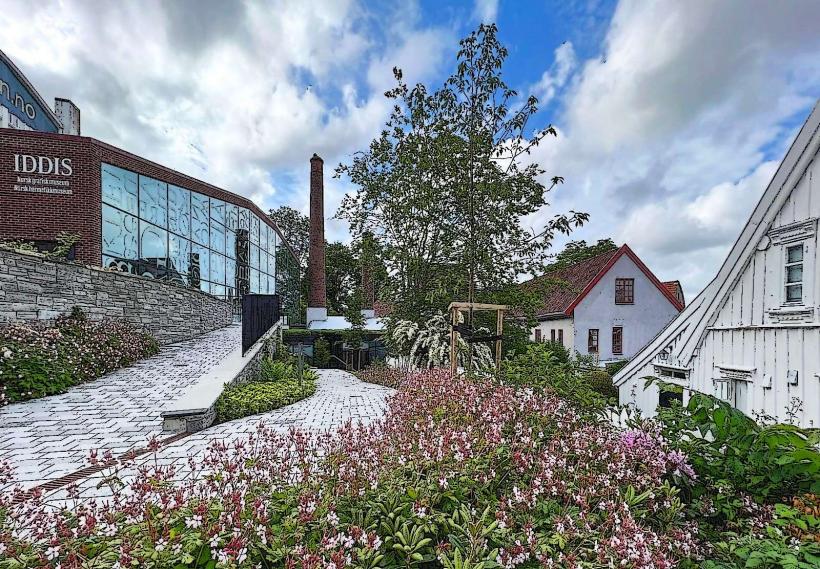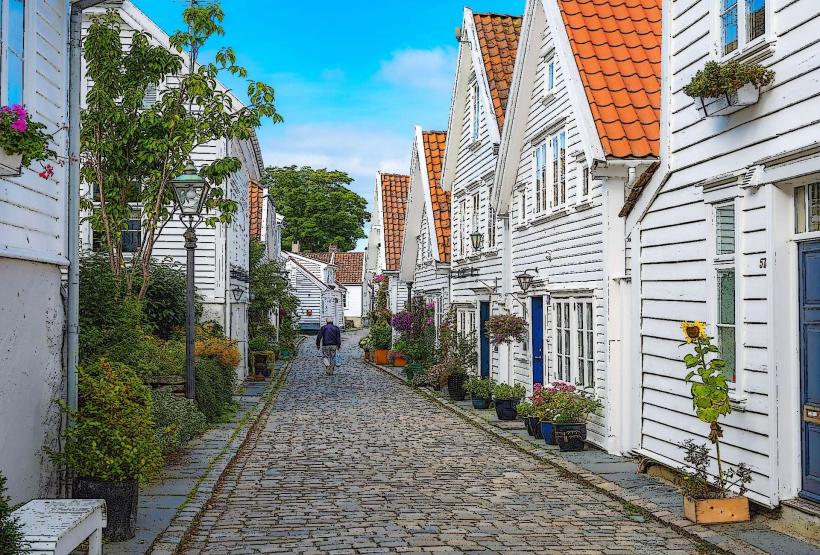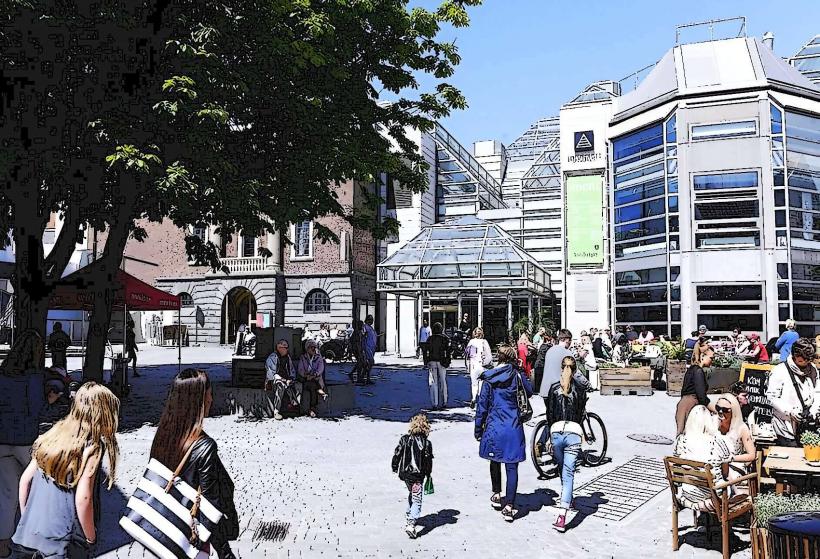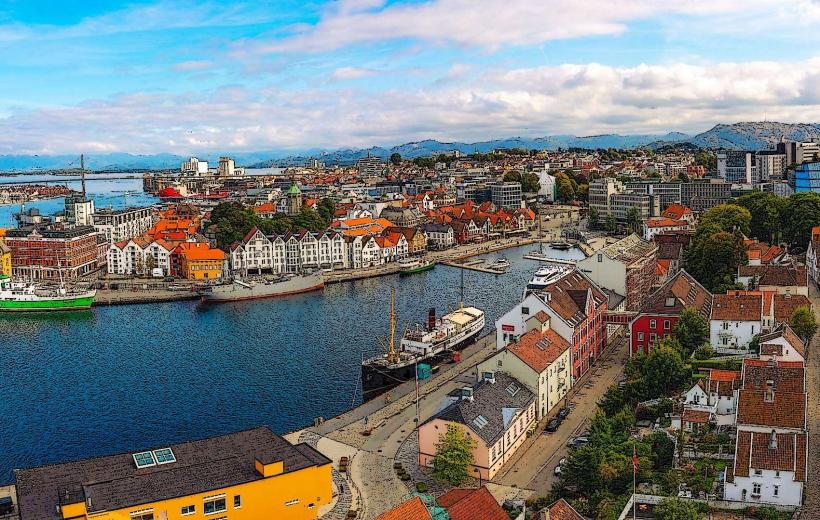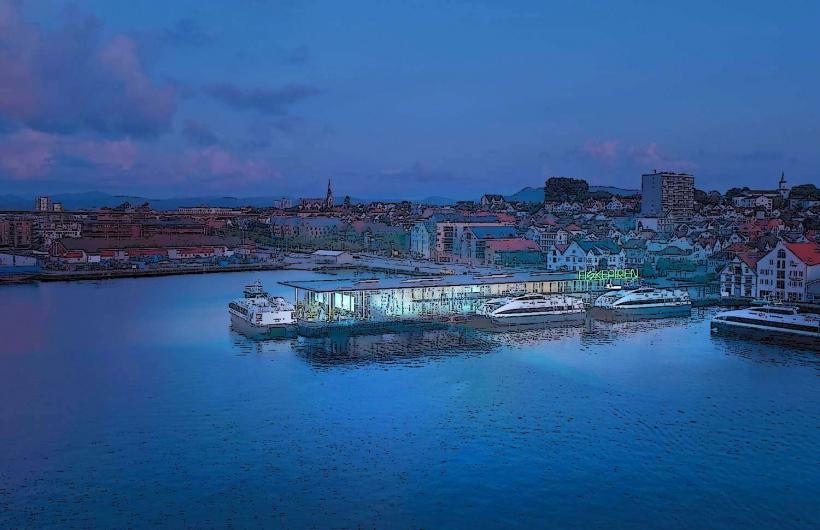Information
Landmark: Stavanger Maritime MuseumCity: Stavanger
Country: Norway
Continent: Europe
The Stavanger Maritime Museum (Stavanger Sjøfartsmuseum) is a fascinating museum located in Stavanger, Norway, that highlights the city’s long and rich history as a maritime hub. Stavanger has been a crucial center for Norway’s fishing and oil industries, and the museum reflects these connections, along with the broader maritime culture of the region. Here’s a detailed look at the museum:
History and Background
- Founding: The Stavanger Maritime Museum was established in 1995 to preserve and showcase Stavanger’s maritime heritage, particularly its historical role as a port city. Stavanger has long been an important center for fishing, shipbuilding, and maritime trade, and the museum provides a window into these industries and their significance to the city's development.
- Location: The museum is located in the old port area of Stavanger, near the harbor, making it an ideal place to explore the maritime history while being in proximity to the sea. The building itself is a historic warehouse that has been carefully restored to house the museum's collections.
Exhibitions and Collections
The museum’s exhibitions cover a wide range of topics related to Norway’s maritime history, from ancient times to the present, with particular emphasis on Stavanger’s own maritime activities.
1. Fishing Industry:
- Fishing Heritage: Stavanger has been known for its fishing industry for centuries, and the museum highlights this with exhibits focusing on traditional fishing methods, tools, and boats. The region’s history of sardine canning is also a key feature, reflecting how the fishing industry once thrived in Stavanger and surrounding areas.
- Boat Collection: The museum showcases a range of traditional Norwegian fishing vessels, from small wooden boats used by local fishermen to larger ships. Some boats are displayed in their full glory, while others are shown in parts to reveal the craftsmanship behind their construction.
2. Shipbuilding and Maritime Trade:
- Shipbuilding History: Stavanger was a major center for shipbuilding, and the museum features exhibits on the evolution of ships built in the region, from small vessels to ocean-going ships. It details the technology and design of the ships and their importance to Norway’s economy and trade.
- Maritime Trade: Stavanger has long been a port for international trade, particularly with the UK and other parts of Europe. The museum provides insights into the role of Norwegian shipping in global commerce and how Stavanger became a key player in the European trade network.
3. Oil and Energy Industry:
- The Oil Industry: Given Stavanger’s central role in Norway’s oil exploration and extraction, the museum also explores the rise of the oil industry in the region. This part of the exhibition looks at the transformation of Stavanger from a traditional maritime city to the energy capital of Norway, with exhibits about oil rigs, offshore exploration, and the technology used in the oil and gas industry.
- Technological Advances: The museum covers the history of Norway’s offshore drilling, the development of the country’s petroleum industry, and Stavanger’s growing importance as the center for oil services. It showcases how the maritime sector adapted to these new demands, linking the city’s fishing heritage with the oil boom.
4. Maritime Art:
- Artworks and Models: The museum also displays maritime-themed artworks, including paintings, sculptures, and models of ships. These pieces help to depict the cultural significance of the sea in Norwegian life and the people’s connection to the maritime world.
- Ship Models: Detailed models of historic ships and boats are featured, giving visitors an opportunity to appreciate the craftsmanship of Norwegian shipbuilders throughout the centuries.
5. Interactive Exhibits:
- Hands-On Displays: The museum includes interactive elements that allow visitors to engage with the exhibits in a more immersive way. For example, visitors can steer a virtual ship or explore the interior of a recreated oil platform, offering a sense of what life is like on a ship or in an oil rig.
- Explanatory Videos: Some sections of the museum feature videos and multimedia presentations that explain the significance of different aspects of Norway’s maritime history, including the oil industry, shipbuilding, and the evolution of fishing practices.
Special Exhibitions and Events
The museum regularly hosts temporary exhibitions that focus on specific themes related to the sea, maritime trade, or modern-day shipping technologies. It also hosts educational events, lectures, and workshops that provide a deeper understanding of the maritime world.
The Museum’s Role in Stavanger’s Cultural Scene
The Stavanger Maritime Museum is part of the Museum of Archaeology and History in Stavanger and plays a vital role in preserving and promoting the maritime heritage of the city and the region. It works in conjunction with other museums in the city, like the Stavanger Art Museum and Norwegian Petroleum Museum, to offer a comprehensive cultural experience for visitors interested in the region’s history.
- The museum is also located near Old Stavanger (Gamle Stavanger), a district filled with well-preserved wooden houses from the 18th and 19th centuries, which adds to the historical significance of the area.
Visiting the Museum
- Opening Hours: The museum is typically open year-round, though it’s advisable to check for any changes in opening hours during public holidays or special events.
- Admission: Entrance fees are usually charged, though discounts may apply for children, students, and seniors. Some exhibitions may offer free admission.
- Accessibility: The museum is centrally located, making it easily accessible by foot from Stavanger’s town center. It’s also well-connected by public transport, including buses.
Conclusion
The Stavanger Maritime Museum offers a deep dive into the city’s maritime history and its central role in Norway’s fishing, shipping, and oil industries. From traditional boats and fishing techniques to the cutting-edge technology of offshore oil exploration, the museum provides a comprehensive look at how the sea has shaped Stavanger’s identity. For anyone interested in the maritime world or Norway’s rich history of seafaring, this museum is a must-visit destination in Stavanger.


